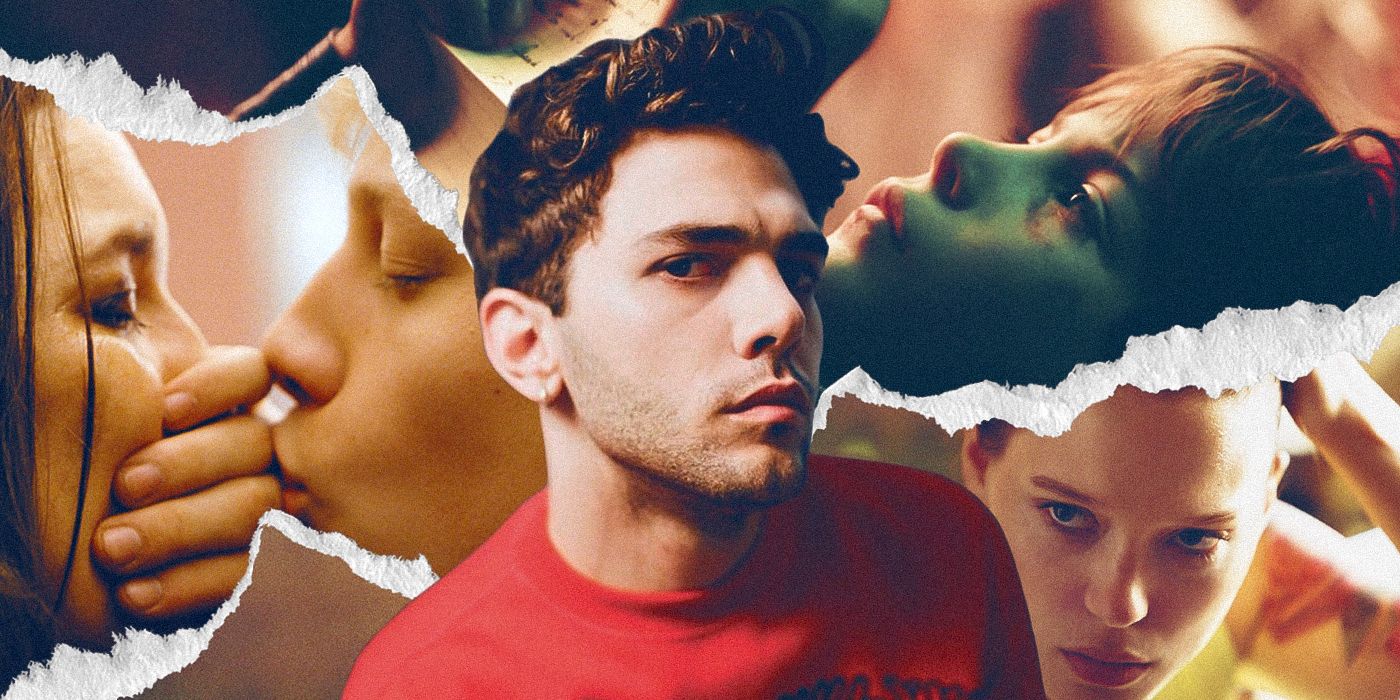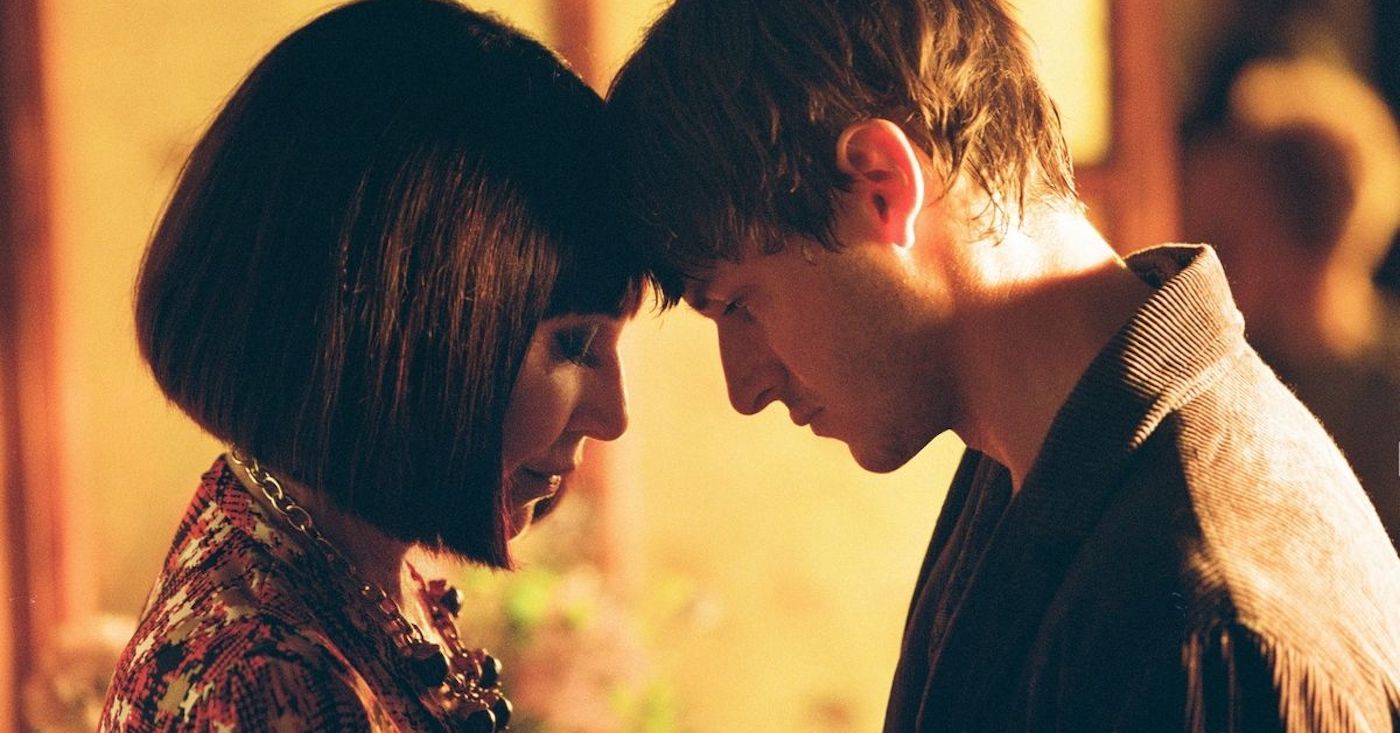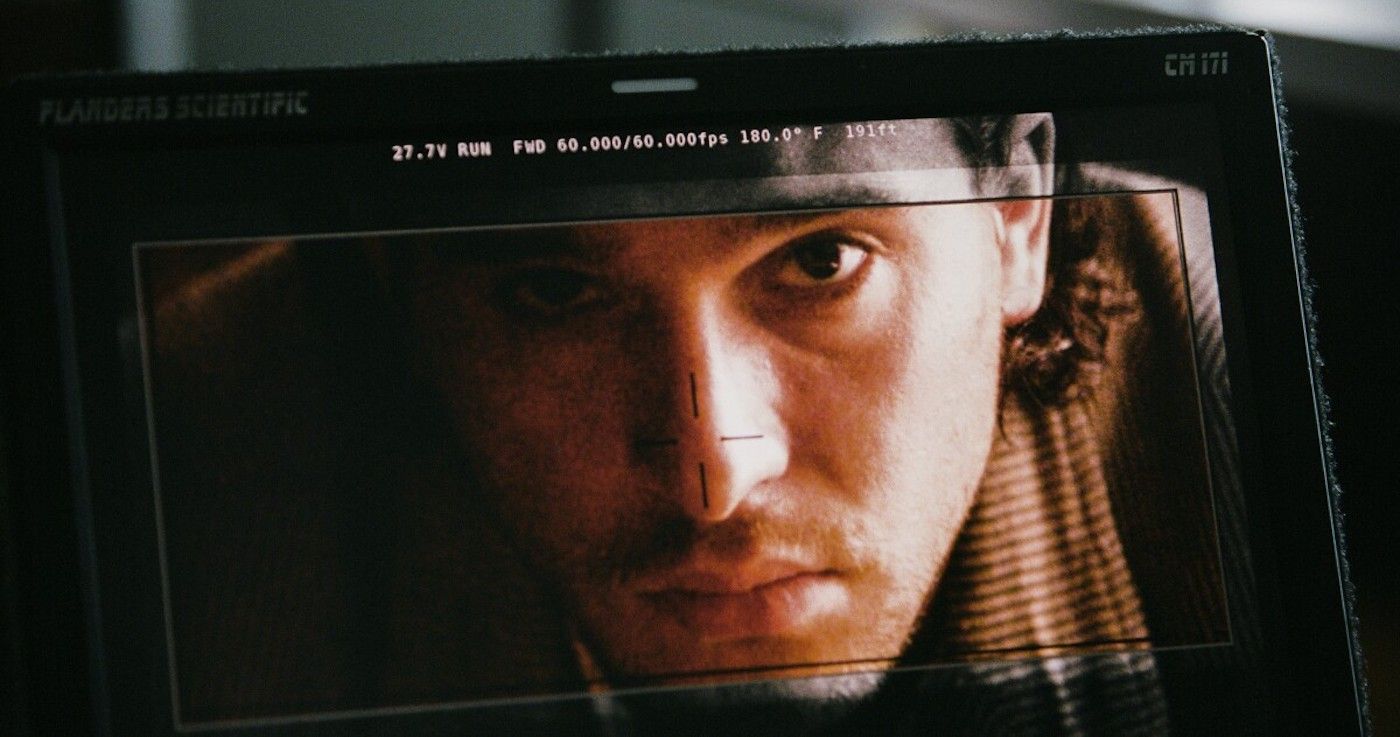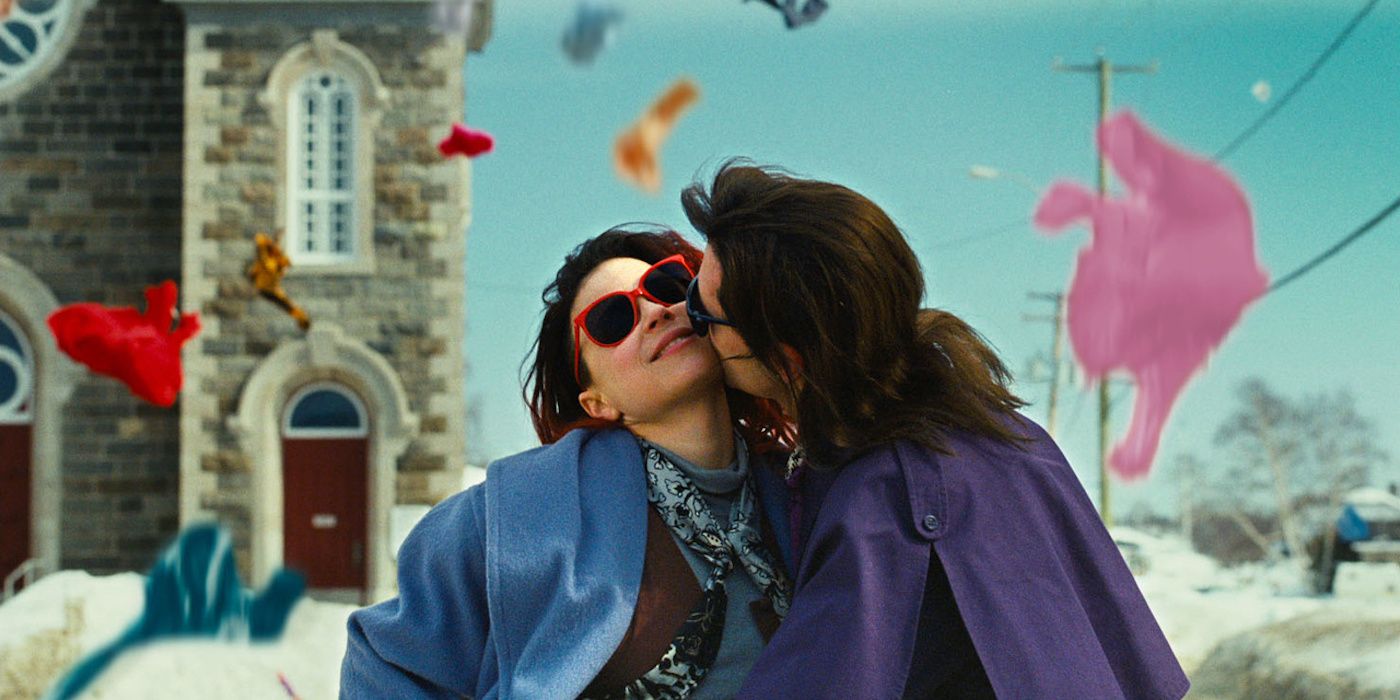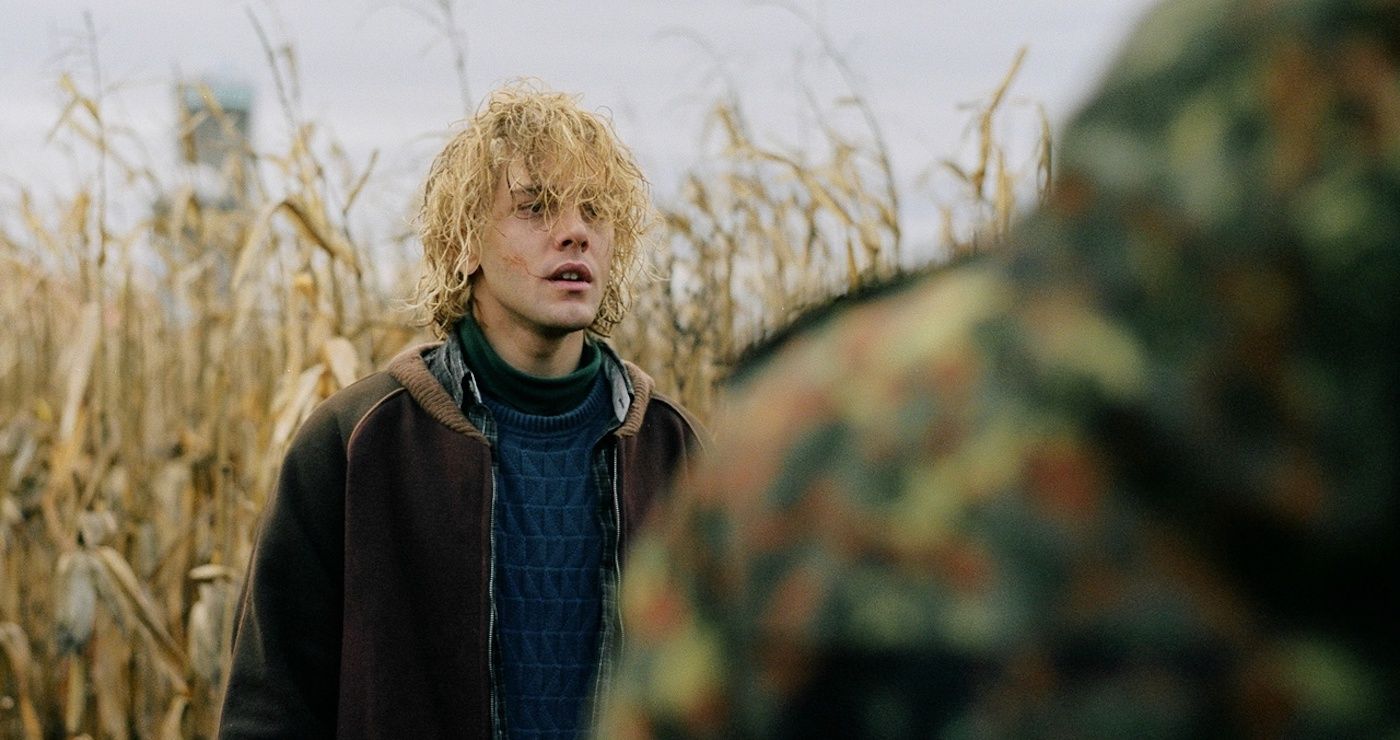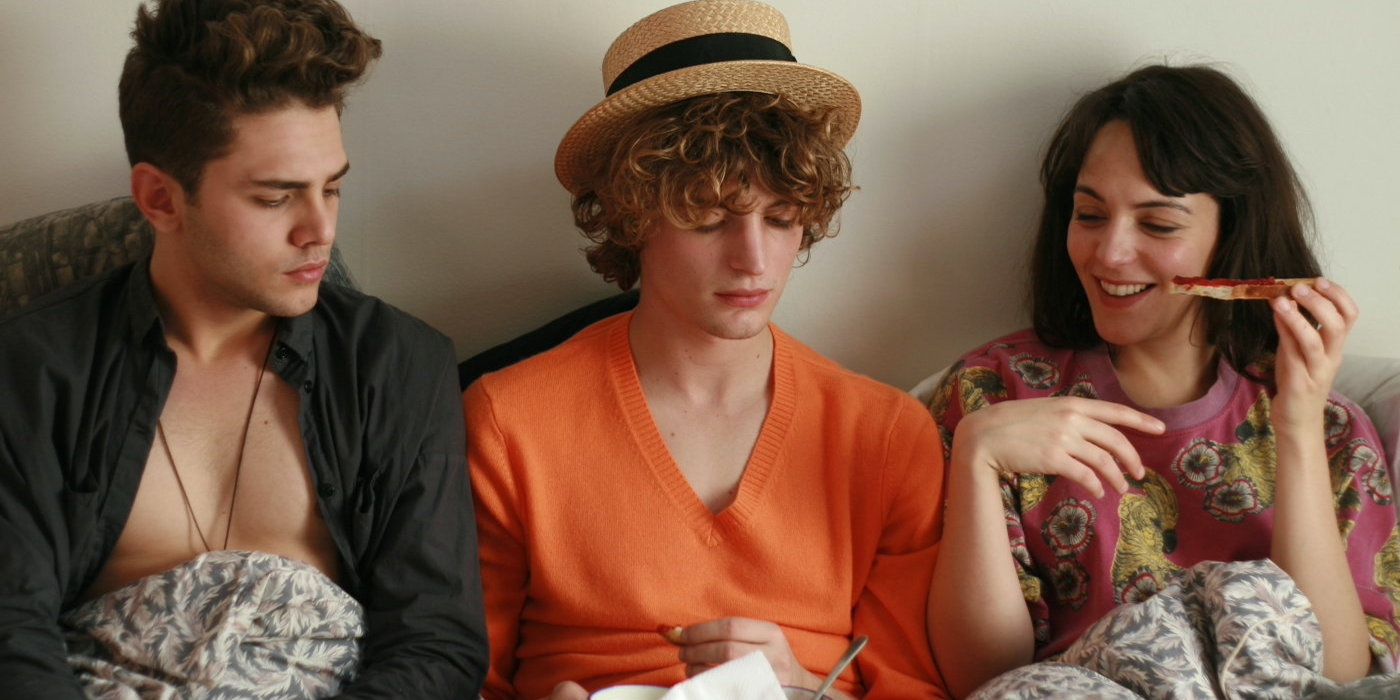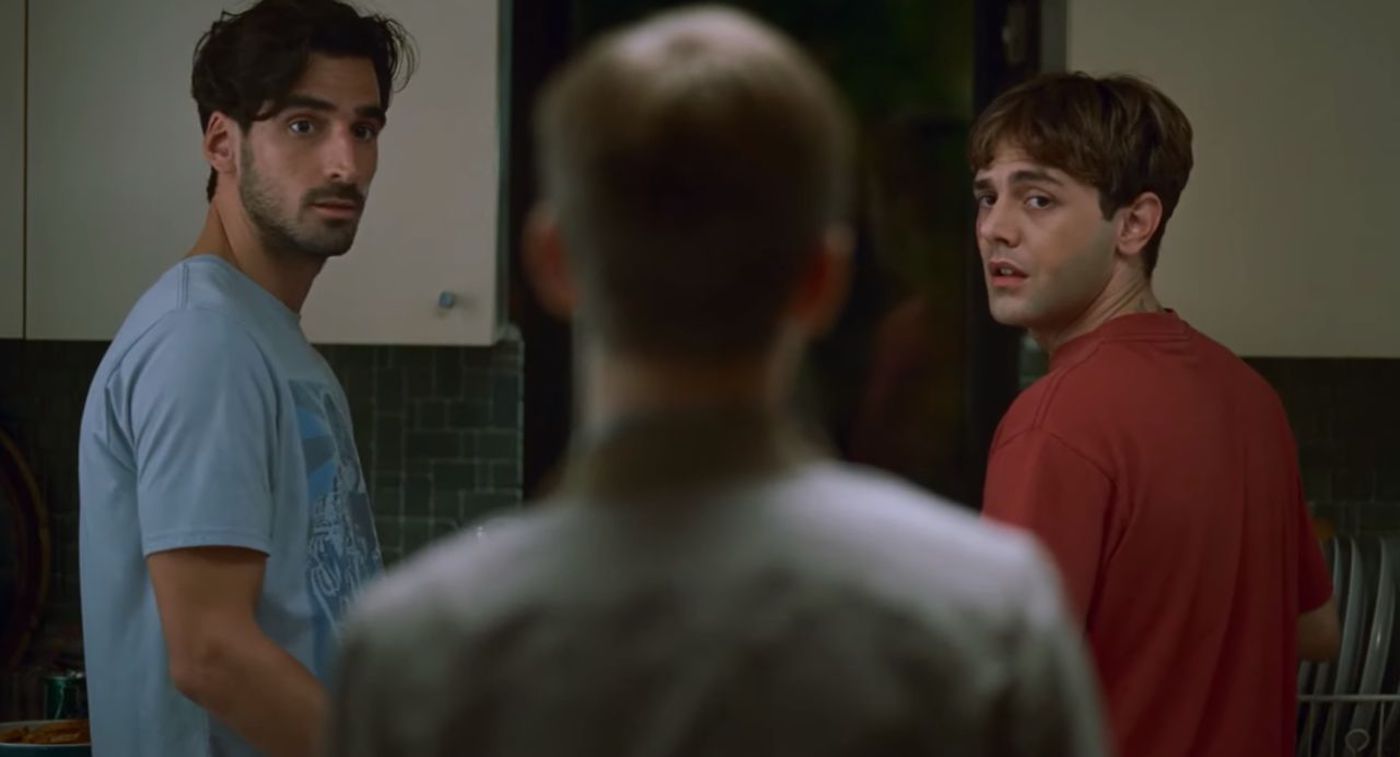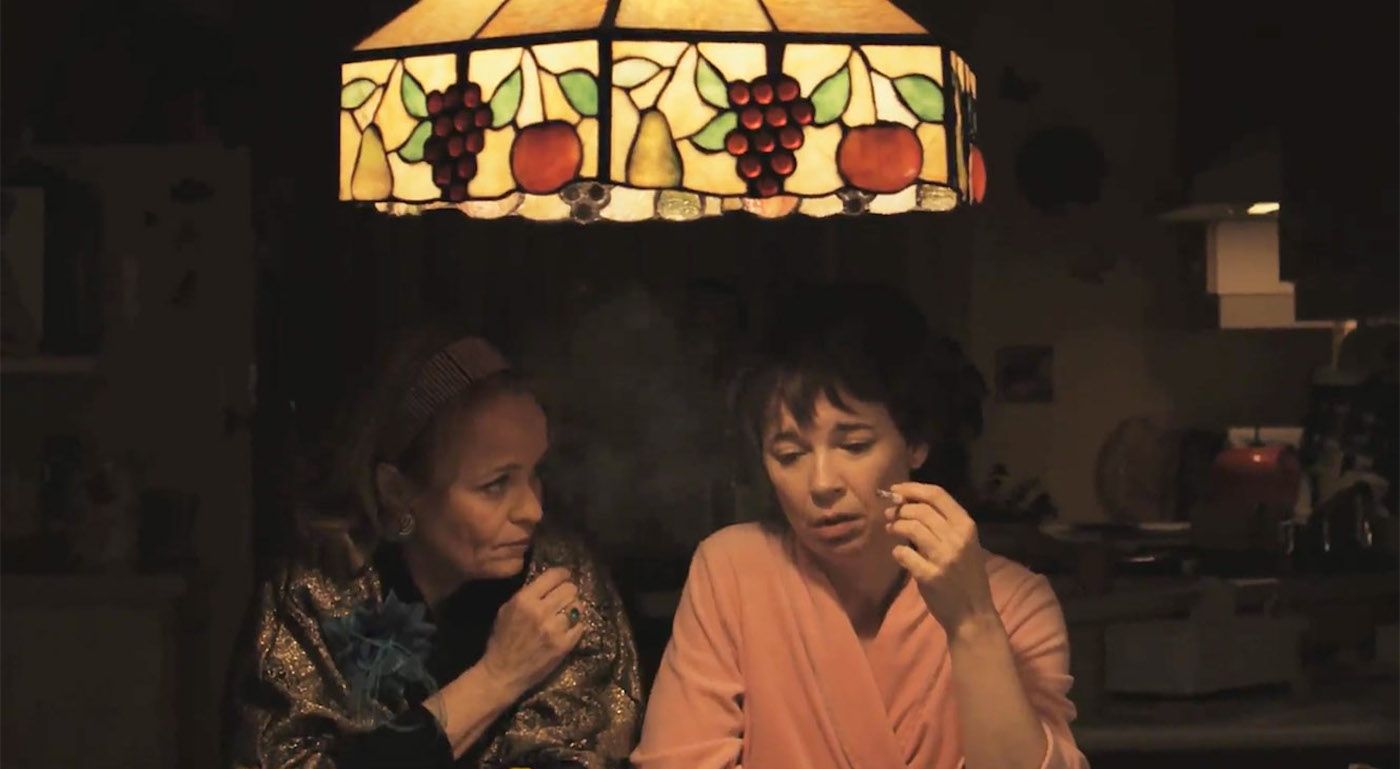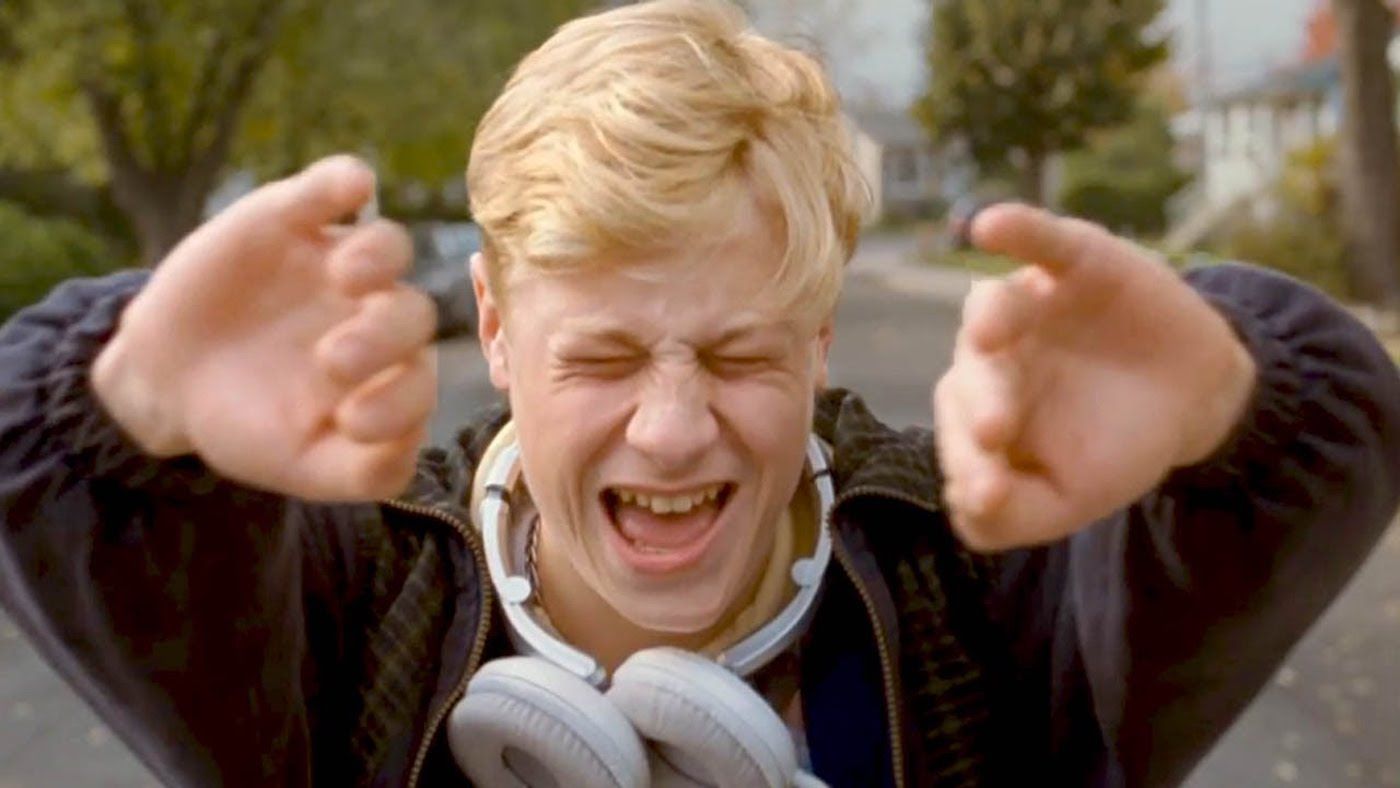Oh, where to begin with Xavier Dolan. Often seen as a "love them or hate them" type of filmmaker, there is no denying he makes films that are deeply personal. Born in Quebec and making his first feature film at the tender age of 20, Dolan, who more often than not stars in his own films, regularly imbues them with his own life experiences. These include growing up a young gay man and having a tenuous relationship with his mother, two themes that are regularly explored throughout his filmography.
The way that Dolan chooses to tell his stories is incredibly singular, for better or for worse. Many praise the emotionally loud quality of his films, whether it be through over-the-top melodrama that borders on camp or the very…unique needle drops he scatters throughout each film. For others, it can simply be a little too much. What is near undeniable is that Dolan has serious talent as a filmmaker, and is an incredibly prolific one at that, creating eight feature films before the age of 30. Not many can say they’ve achieved that.
Last month, Dolan announced that he has wrapped filming on his very first TV series, The Night Logan Woke Up. It will certainly be interesting to see how his unique cinematic voice translates to TV, and while we’re waiting for it to come out, let’s take a look back at the movies he’s released thus far, ranked from worst to best.
8. It’s Only the End of the World (2016)
Winner of the Grand Prix at the 2016 Cannes Film Festival, It’s Only the End of the World plays out a bit like a TV movie. There’s no denying that the ensemble cast consists of all brilliant actors (Gaspard Ulliel, Nathalie Baye, Vincent Cassel, Marion Cotillard, and Léa Seydoux), but they aren’t necessarily given the best material to work with. Based on a play by Jean-Luc Lagarce, the film follows a playwright (Ulliel) who comes to visit his family with whom he has a strained relationship.
High on the melodrama and low on emotional impact, It’s the End of the World consists mainly of tense arguments between characters that culminate in shouting and a lack of resolution. The characters themselves aren’t particularly interesting, and for the most part, the film doesn’t quite outgrow the staginess of its source, often feeling like a filmed stage play. On top of that, the film contains what is perhaps the most jarringly bad needle drop in any Dolan film…perhaps any film ever. If you’ve seen the film, you’ll know exactly what one I’m talking about.
7. The Death and Life of John F. Donovan (2018)
Dubbed by critics as the “worst” film in his career, Dolan’s English-language debut, The Death and Life of John F. Donovan, is perhaps a bit too harshly judged and underrated. It’s certainly a narratively ambitious film, concerning a young man named Rupert being interviewed by a journalist after writing a book about his childhood correspondence with the late actor John F. Donovan (Kit Harrington). Told mainly through flashbacks, we see Rupert growing up as a child interspersed with moments from Donovan’s troubled life.
The Death and Life of John F. Donovan is an emotionally wrenching story, bogged down by the fact that it resorts to melodrama and narrative clichés a bit too often. And as is the case with many-a-Dolan-film, there is a good deal of music choices that ran the gamut from being obnoxious to straight-up cringy (the film is bookended in its credit sequences with Adele’s “Rolling in the Deep” and “Bitter Sweet Symphony” by The Verve. Sigh.) Despite its flaws, the film is clearly a very personal story for Dolan, and the emotion that does manage to shine through saves it from being a complete disaster.
6. Laurence Anyways (2012)
An epic-length depiction of the life of a transgender woman named Laurence (Melvil Poupaud), Laurence Anyways is a film where Dolan’s penchant for camp and melodrama works, mainly because he takes it to such an extreme and unapologetic level that it becomes a part of the film’s identity. Seen in hallucinatory sequences such as when Laurence’s girlfriend Fred (Suzanne Clément) arrives at a party (on a conveyor belt) or when Laurence and Fred stroll through an empty street as a barrage of clothing articles rain down on them like confetti; the film uses colorful and glitzy expressionism to visually convey the film’s loud emotions.
And boy, are the film’s emotions piercing. Clément’s powerhouse performance (which she won an award for at Cannes) is particularly incredible in a scene where she vents all of her frustrations out and nearly loses her mind after a waitress makes a snide remark toward Laurence. What would normally be flaws in a Dolan film are turned into strengths in Laurence Anyways, although the film does drag on for a bit too long, nearly reaching the three-hour mark. Regardless, Laurence Anyways sees Dolan as a young 20-something already showing clear command of his craft and cinematic voice.
5. Tom at the Farm (2013)
Described as “Hitchcockian” upon its release, Tom at the Farm is Dolan’s crack at the suspense genre. Based upon a play by Michel Marc Bouchard, the film stars Dolan as the titular Tom, who travels to his late lover’s farm to deliver a eulogy for his funeral. A psychological cat and mouse game begins to ensue between Tom and his lover’s brother, Francis (Pierre-Yves Cardinal), once he decides to stay on at the farm. What results is a tense exploration of repressed sexual desire and masculinity.
The comparisons to Hitchcock are probably a bit random and don’t do justice to the unique way in which Dolan cinematically extracts suspense and tension. While it doesn’t quite outdo the staginess of its source material, Tom at the Farm sees Dolan drawing back, allowing subtlety to creep into the film’s characters and performances. The word “subtlety” and Xavier Dolan are normally never used in the same sentence, but this film is proof that when Dolan dials back, something magical happens.
4. Heartbeats (2010)
Dolan’s second feature, Heartbeats, is a headily sensual story of desire and unrequited longing. The film stars Dolan as Francis, who, along with his best friend Marie (Monia Chokri), vies for the affection of Nicolas (Niels Schneider), their object of infatuation. Undoubtedly taking influence from the king of sensual cinema Wong Kar-wai, Heartbeats goes all-in with its style, utilizing slow-motion and vibrant neon lighting to illustrate the feelings of its protagonists. The result is a visually captivating film that humorously but effectively captures the emotions of being a young and horny 20-something.
The film isn’t without its narrative kinks, however. Scattered throughout the film are talking-head segments of young men and women being interviewed about their love lives. These scenes don’t really amount to much other than the run time of the film and could have easily been cut out with nothing lost. That being said, Dolan’s youthful exuberance as a new and young voice in arthouse cinema is nothing short of infectious; flaws and all, Heartbeats is a highlight in Dolan’s career.
3. Matthias & Maxime (2019)
Dolan’s newest feature film, Matthias & Maxime, plays out almost like a greatest-hits album, in the sense that its narrative is chock full of tried-and-true Dolan thematic elements from films past: unrequited love, gay desire, mommy issues, all set to a barrage of cheesy needle drops. It doesn’t necessarily capture any single element perfectly, but it does highlight Dolan’s evolution as a filmmaker, providing a bittersweet portrait of a young man entering full-fledged adulthood. Dolan turned 30 the year this film came out, and it’s not difficult to see that this is a very personal story for him to tell.
The film stars Dolan as Max, a young man who develops romantic feelings for Matt (Gabriel D’Almeida Freitas), his best friend since childhood. This central love story is set against other narrative threads, such as Max’s complicated relationship with his mother (Anne Dorval) and tensions within Matt and Max’s friend group. While the emotional impact of the film is somewhat blunted by its juggling of these different threads, Matthias & Maxime manages to endearingly and creatively reveal different facets of the same Dolan tropes, even if they were done better in other films.
2. I Killed My Mother (2010)
Dolan’s debut which he made at 20 years old, I Killed My Mother is an immature film by an immature filmmaker. And that’s exactly what makes it so powerful. Visually and narratively lacking polish along with being bombastically dramatic, Dolan’s passion as a young filmmaker telling a very personal story that he had just recently lived through is more than apparent. As a result, the film is an intimately cinematic juggernaut, filled with all the awkward quirks and raging emotions inherent in being a person approaching young adulthood.
The semi-autobiographical story follows Hubert (played by Dolan himself) as a young man struggling to live alongside his mother, Chantale (Anne Dorval, a perennial mother in most Dolan films). Their relationship becomes even more strained when Chantale discovers that Hubert is gay and has a boyfriend. Feeling almost like a modern-day adaptation of François Truffaut’s The 400 Blows, I Killed My Mother deserves a spot in the pantheon of essential coming-of-age films, made even more special for the fact that it was created by someone who had actually just come of age, already more than ready to tell their story.
1. Mommy (2014)
Mommy, without a doubt, is Xavier Dolan’s magnum opus. A strikingly intimate character-driven drama featuring powerhouse performances from its three lead actors (Anne Dorval, Antoine Olivier Pilon, and Suzanne Clément), the film takes a nosedive into explosive emotional territory. The film’s emotional extremes never end up feeling like campy melodrama, however, because of how compelling and multidimensional the characters are. Dorval plays a mother struggling to take care of her behaviorally unsound teenage son (Pilon). After striking up a friendship with their next-door neighbor (Clément), the three of them become almost like a family unit, taking care of each other through the dire circumstances they find themselves in.
Dolan is no stranger to playing around with aspect ratios, but in Mommy, the wonky usage of the frame becomes essential for visually portraying the narrative. Shot primarily in a 1:1 ratio, the film, in a claustrophobic style, depicts the plight of its protagonists, who are given transcendent moments of release when the frame momentarily opens up. A thematically extreme tour de force in the same vein as Dancer in the Dark, Mommy is a film that dares you to have dry eyes by its finale. It not only solidified Dolan as a masterful filmmaker but also remains his greatest cinematic achievement.

